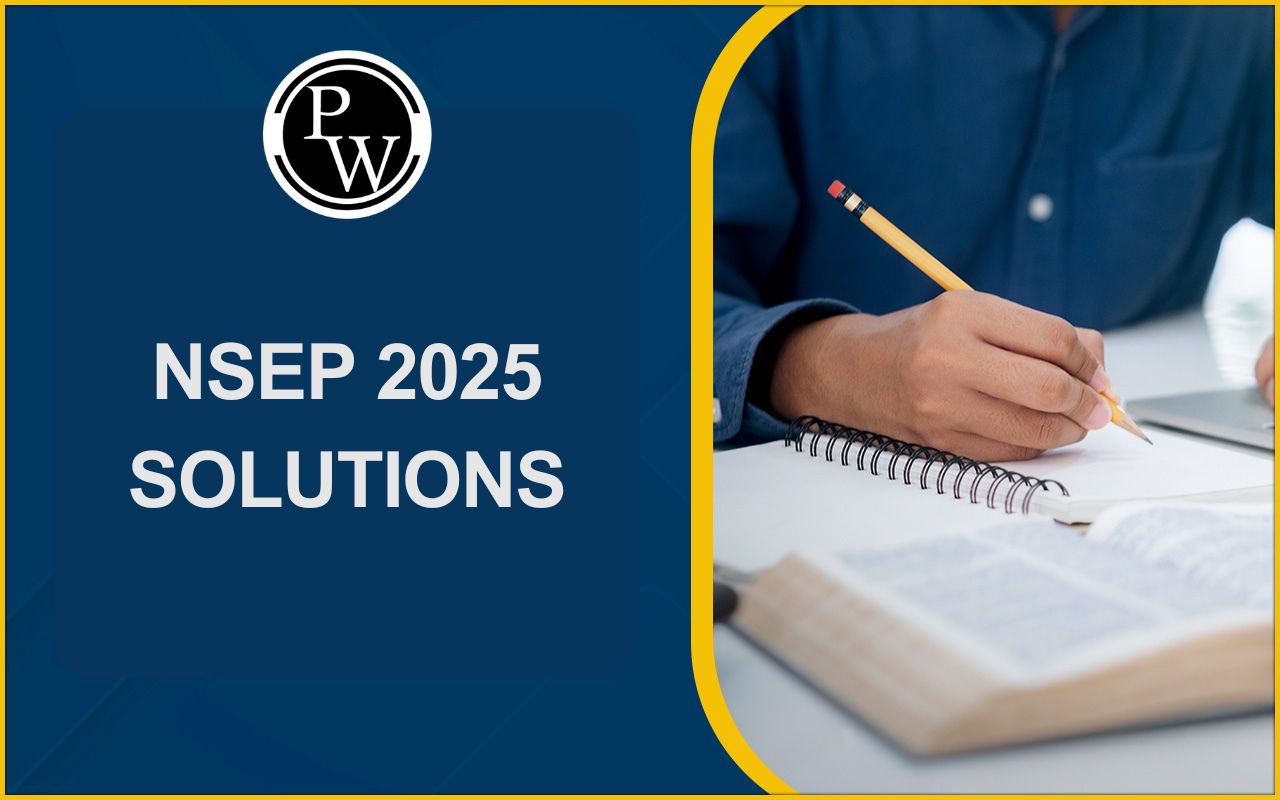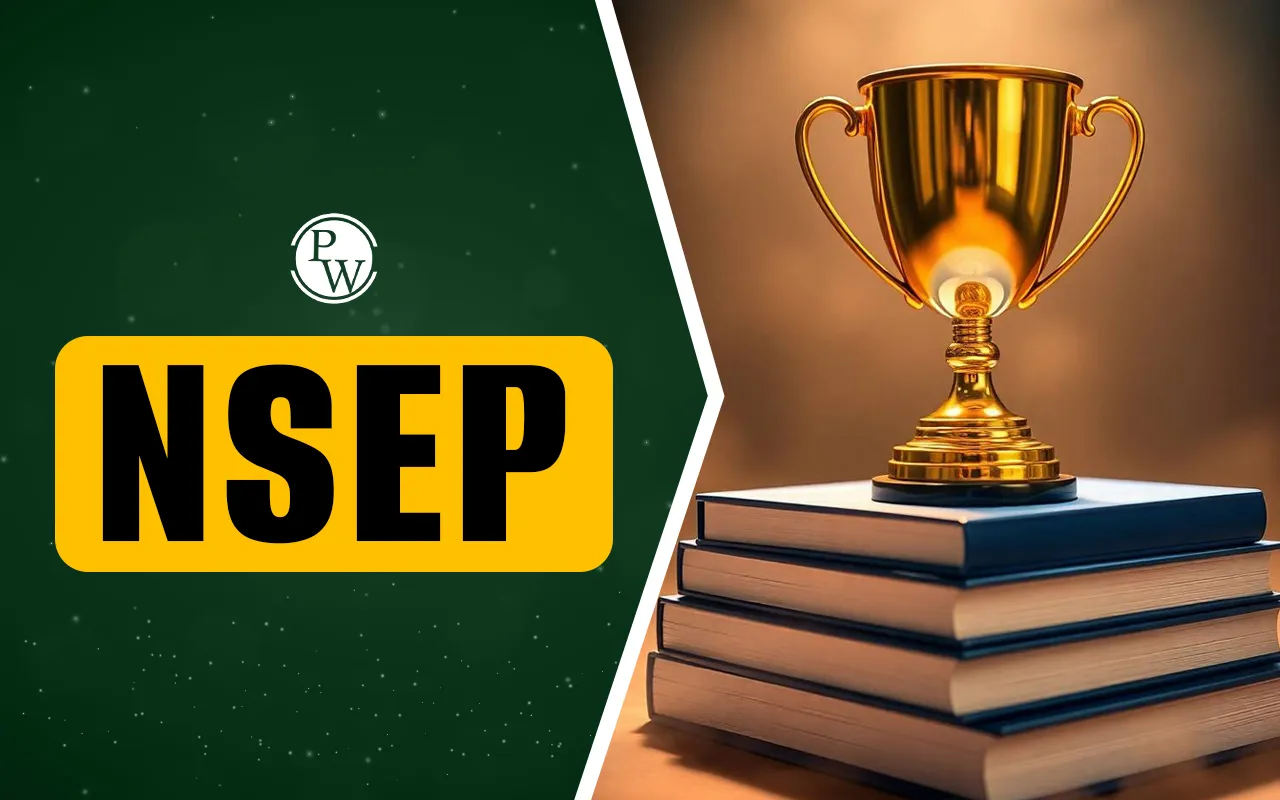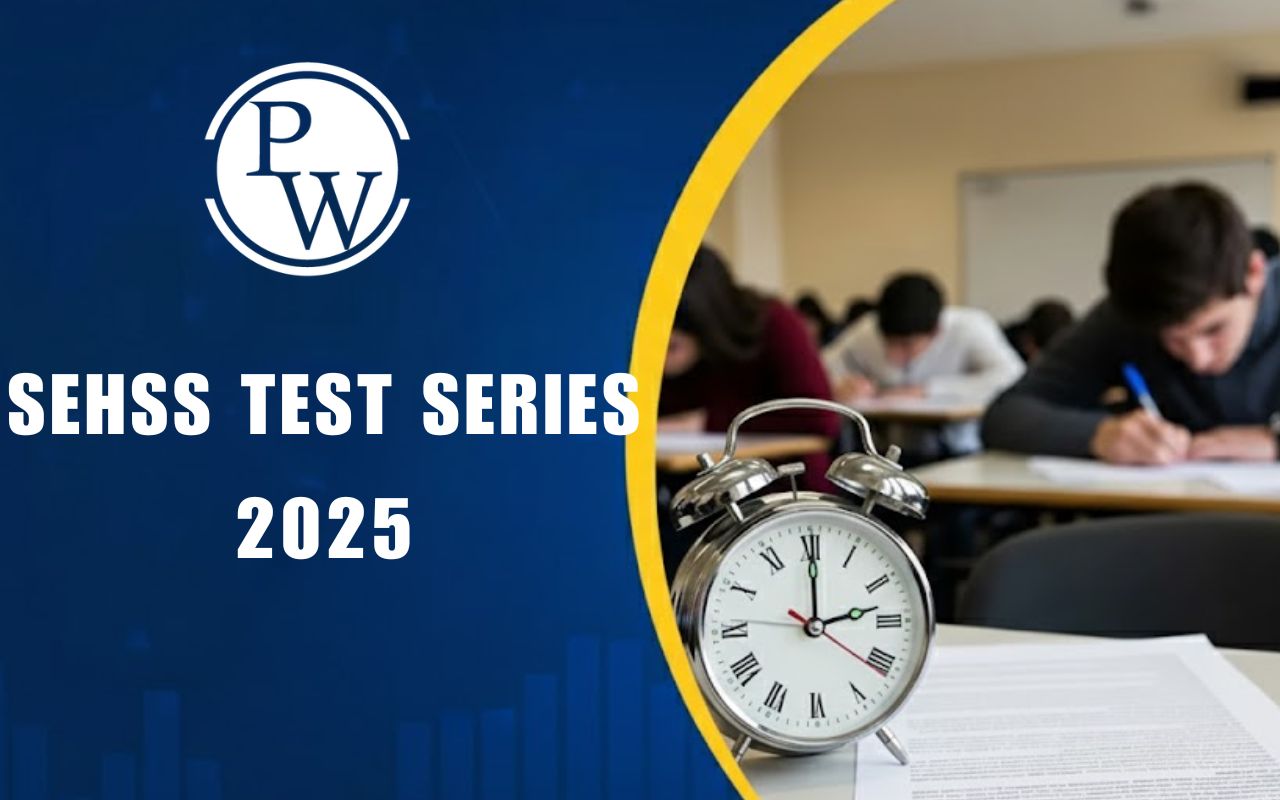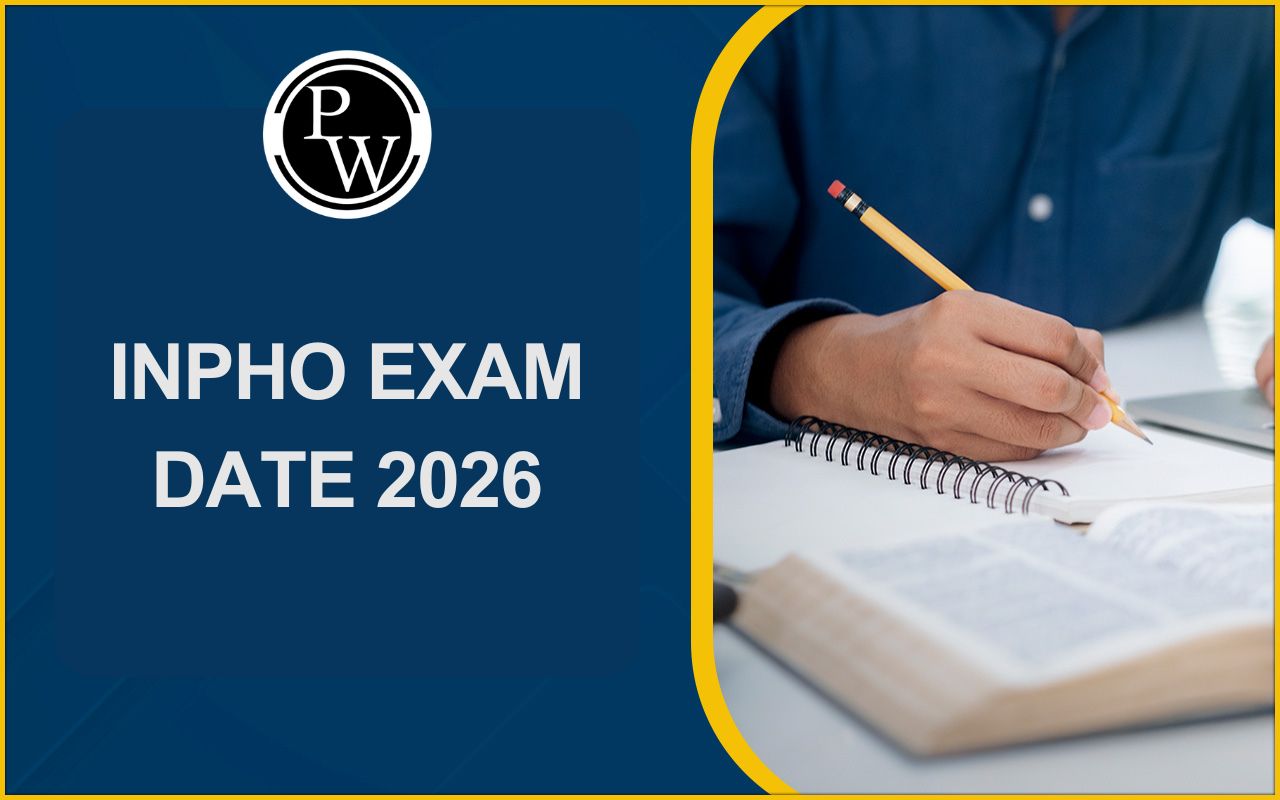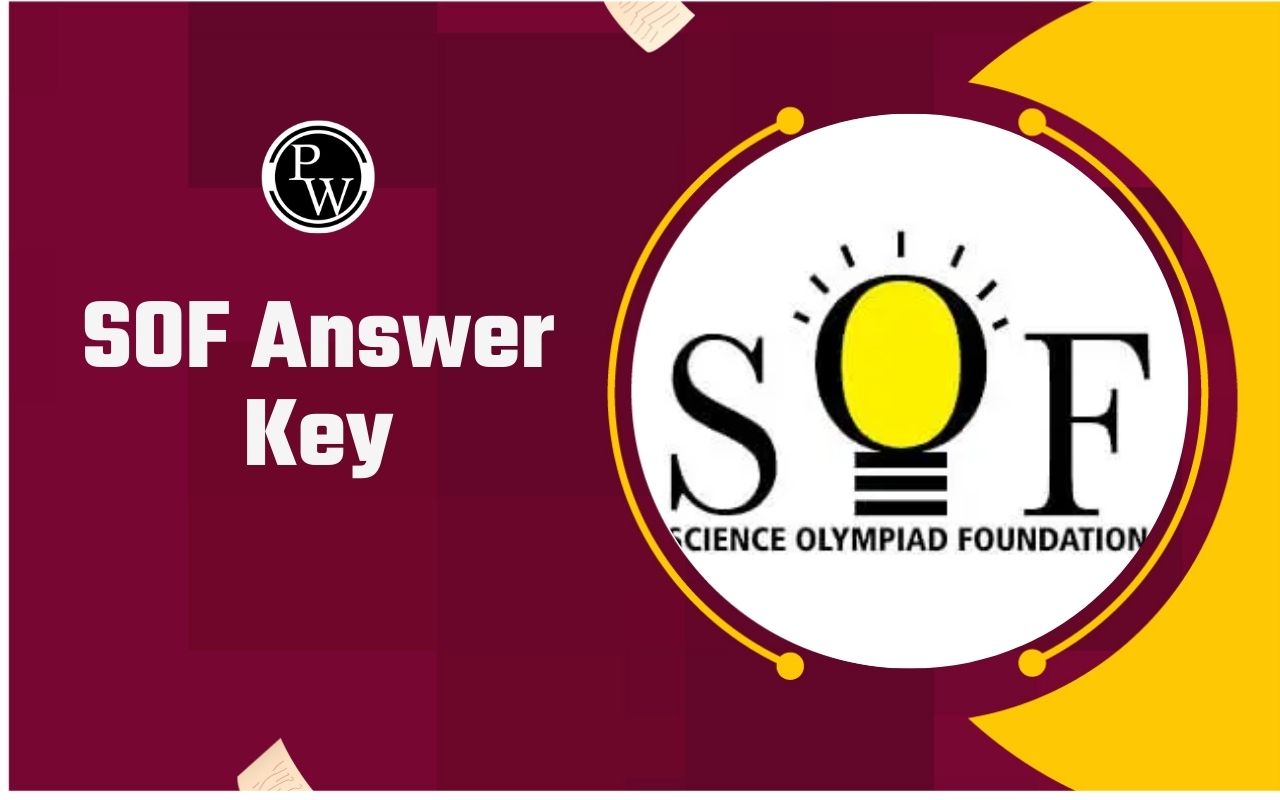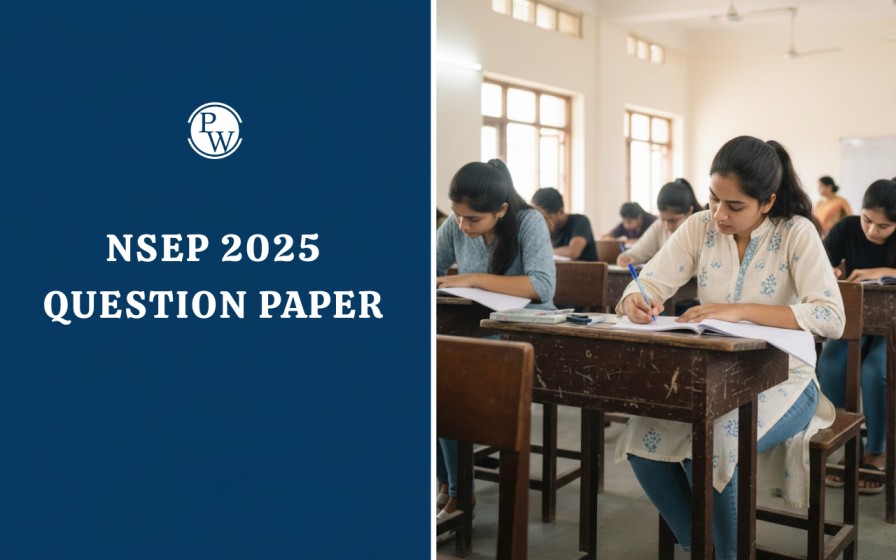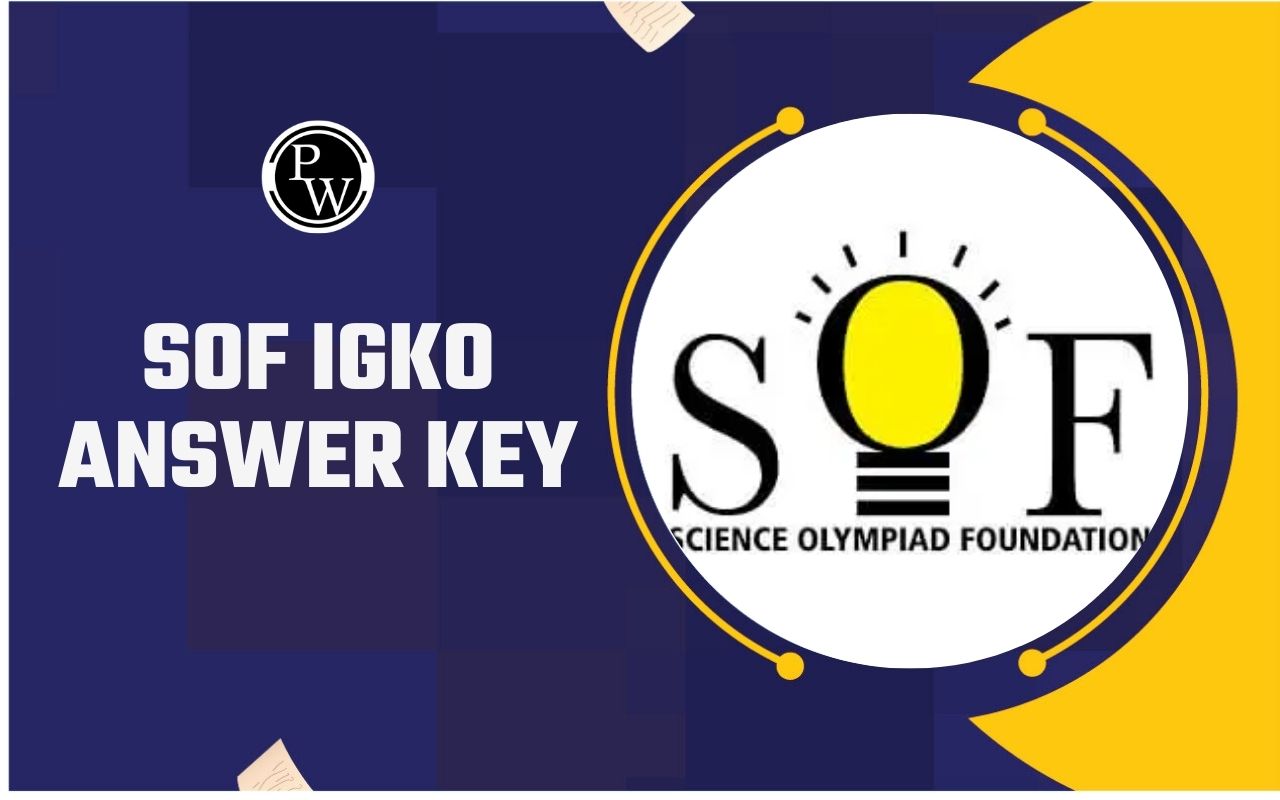
APhO Syllabus 2025: The Asian Physics Olympiad (APhO) is an annual competition aimed at high school students in Asia and Oceania. It focuses on students' understanding and application of physics and is designed to assess their theoretical knowledge and practical skills in physics.
The Asian Physics Olympiad Programme is a four-stage process. It includes i. National Standard Examinations in Physics (NSEP), ii. Indian National Olympiads in Physics (INPhO), iii. Pre-departure training camps (PDTs) in Physics and iv. Participation in the Asian Physics Olympiads (APhO). IAPT is in charge of executing the first, third, and fourth stages, while the second stage of the program is conducted by the Homi Bhabha Centre for Science Education. In the below article find comprehensive details of the APhO Syllabus 2025 and Exam PatternAPhO Syllabus 2025
The main aim of the APhO examination is to assess the student’s comprehension of Physics, encompassing their analytical thinking, problem-solving skills, appropriate techniques for presentation and analysis, and hands-on abilities in both theoretical and experimental settings. This is why the Asian Physics Olympiad exam is divided into two parts: the theoretical part and the practical part. It is part of the International Science Olympiads and is currently the sole regional contest in physics. APhO derives from the International Physics Olympiad and is organized under comparable regulations (One five-hour theoretical test and one or two practical assessments). It typically takes place roughly two months prior to the APhO and can be regarded as supplementary preparation for the team.APhO Syllabus 2025 Overview
Asian Physics Olympiad Examination Syllabus will help to avoid any problems that may arise during preparation. You will be guided through the APhO Exam Pattern, question types and effective strategies. The details have been provided below in the overview table of the APhO Syllabus 2025.| APhO Syllabus 2025 Overview | |
| Organization | Indian Association of Physics Teachers (IAPT) |
| Exam Name | APhO 2025 |
| APhO 2025 Exam Date | April/May 2025 |
| Mode of Exam | Offline |
| Type of Questions | Descriptive |
| Eligibility | Students from Grade 9 to 12 |
| Official website | https://www.iapt.org.in/ |
Asian Physics Olympiad Syllabus 2025
The Asian Physics Olympiad Syllabus 2025 is same as those described in the International Physics Olympiads. Asian Physics Olympiad, also known as APhO, is a worldwide competition conducted in various nations annually. The purpose of APhO is to assess the understanding of senior secondary students in Physics utilizing challenging problem-solving and experimental assessment. The Asian Physics Olympiad Syllabus 2025 is meticulously crafted for students in Class 9-12. The comprehensive APhO Syllabus is outlined below:| APhO Syllabus 2025 | |
| Main Stream | Topics |
| Mechanics |
|
| Mechanics of Rigid Body |
|
| Hydromechanics |
|
| Thermodynamics and Molecular Physics |
|
| Oscillation and Waves |
|
| Electric Charge and Field |
|
| Current and Magnetic Field |
|
| Electromagnetic Waves |
|
| Quantum Physics |
|
| Relativity |
|
| Matter |
|
Asian Physics Olympiad Preparation Tips
Preparing for the Asian Physics Olympiad (APhO) requires a strategic approach due to its challenging nature. Here are essential Asian Physics Olympiad Preparation TipsReview the APhO Syllabus : The syllabus covers fundamental physics concepts including mechanics, thermodynamics, electromagnetism, and waves. Ensure you have a solid understanding of these topics as they form the basis of the problems you will encounter.
Work on APhO Previous Year Question Paper : Engage with problems from previous APhO and other national physics competitions. This not only familiarizes you with the type of questions asked but also enhances your problem-solving skills.
Create a Timetable : Allocate specific times for studying different topics, practicing problems, and revising concepts. Consistent practice is key to mastering the material.
Balance Theory with Practical Skills : Ensure that you spend time on both theoretical understanding and experimental skills, as both are imporant for success in the APhO.
Familiarize Yourself with the APhO Exam Pattern : The APhO consists of theoretical and practical sections. Knowing the APhO exam pattern will help you manage your time effectively during the test
APhO Syllabus 2025 FAQs
Q1. Where can I get the APhO Syllabus 2025?
Q2. What is the difficulty level of APhO 2025?
Q3. What is the mode of Asian Physics Olympiad?
Q4. When is APhO Olympiad 2025 scheduled for?

